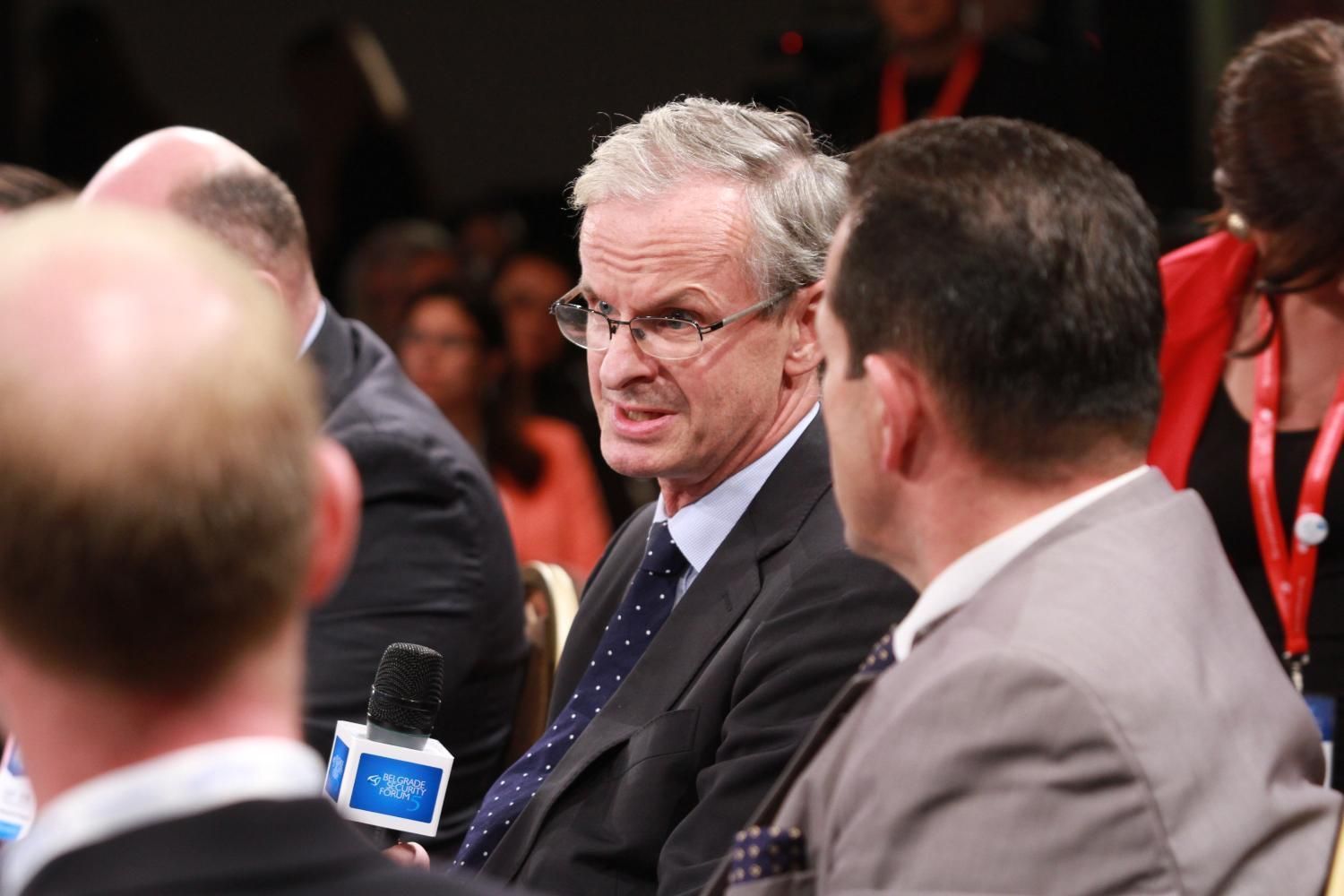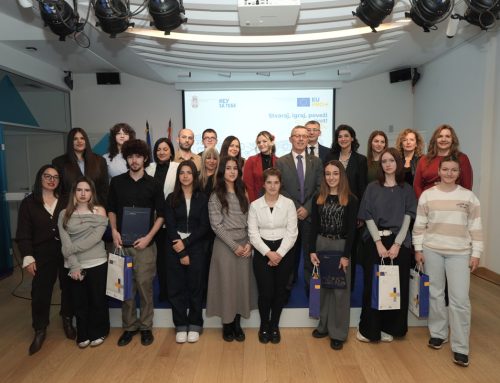Director General of European Commission’s Directorate General for Neighbourhood Policy and Enlargement Negotiations Christian Danielsson said that EU accession of Western Balkans countries would take much time and that the goal of the process was for Western Balkans countries to become EU Members, to which both those and EU Member States were committed to.
“I think it’s clear that when it comes to Western Balkans, the objective of the process is to be Member of the European Union, that’s what it’s all about, that’s what the process is about,“ Daneilsson said during a panel within Fifth Security Forum “European Union as a new/old peace project in Western Balkans,” taking place in Belgrade.
“That is the commitment from both Western Balkans and Member States and the EU. Therefore, the anchor for this process is the enlargement process as such. That will take the time, it will take. It is directly linked to the ability of the country concerned to live up to various conditions that are called for in order to become a Member. And there we have the step-by-step approach and some might feel that it takes too long time but I assure you that the way we do it is very well-founded and very thought out and not anything that is sort of quick-fixed politically but it is based on very much substance. So that is the fundamental thing to have in mind. What has now become an additional element, and which I think is playing a very important role in driving this region forward, is regional cooperation, the Berlin Process or whatever you like to call it. It has given a new momentum to regional cooperation that already existed but now has become more concrete and more political as well, I would argue, and I think it’s important for all of us who participate or take part in that process to see to that it becomes a success. And prospects are good. We have a fairly well-structured roadmap ahead when it comes to the whole issue of connectivity, [which is] key to bring people together but also key to bring economies of Western Balkans countries forward,“ said Christian Danielsson.
He stressed that attention should be paid on the issue of business environment in the region because there were many areas in which countries could cooperate, which were complementary and could make contribution to EU membership of all Western Balkans countries.
Before taking part in the panel discussion together with Head of EU Delegation to Serbia Michael Davenport, Head of Cooperation at the EU Delegation to Serbia Holger Schroeder and Head of Unit for Serbia at DG Enlargement Catherine Wendt, Director General of EC’s DG Enlargement Christian Danielsson met with Minister of Labour, Employment, Veteran and Social Affairs Aleksandar Vulin. Statement issued by the Ministry read that discussion covered refugee crisis faced by Europe, position and inclusion of Roma minority in Serbia, as well as labour market and active policy measures within Serbian Employment Policy.




